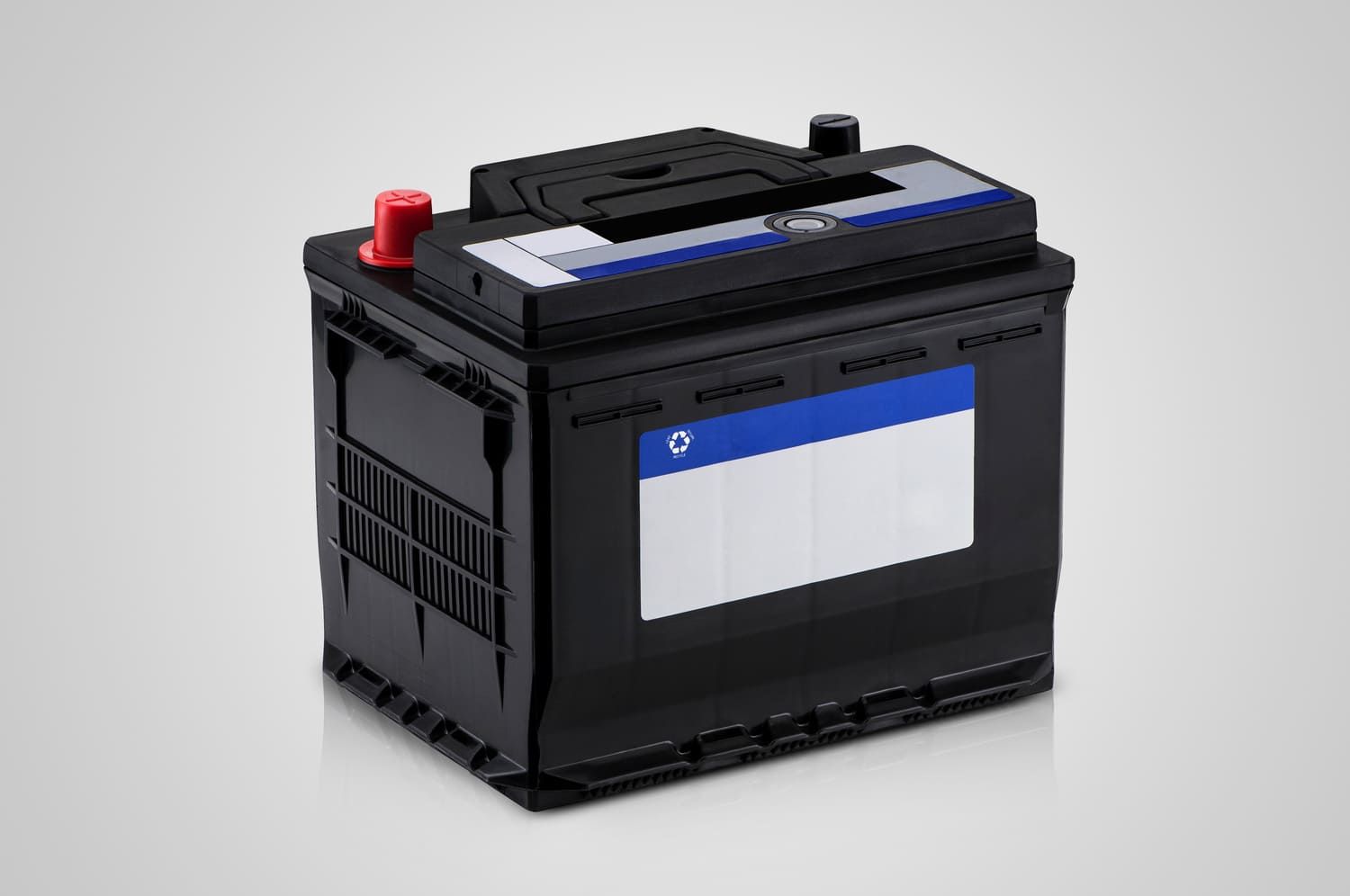>
Blog>
How Much Does A New Car Battery Cost?How Much Does A New Car Battery Cost?
Did you know a car battery replacement costs around £100 to £400 in the UK?
Your car battery is the heart of your vehicle. It powers the ignition, electronics, and everything in between. When it starts to fail, so does your ride. If your battery's on the fritz, don’t wait. Swap it out before it leaves you stuck.
In this guide, we’ll break down average replacement costs by car make, what drives battery prices, how to spot a dying battery, and smart tips to help yours last longer.
Key takeaways
- How much is a car battery replacement in the UK?
- Standard vs AGM/EFB battery costs
- Car battery replacement costs by car make
- Car battery replacement costs by car location
- Why do car batteries cost so much?
- Is there a car battery replacement labour cost?
- How long does a car battery replacement take?
- What is the average life of a car battery?
- Factors affecting the cost of car batteries
- How do I know when my car battery needs replacing?
- 4 tips to help extend a car battery life
- Do I need a new car battery or a battery recharge?
How much is a car battery replacement in the UK?
The average cost of a replacement car battery in the UK ranges from £100 to £400.
The final price depends on several factors, including battery size, type, brand, quality, and warranty. Below, we’ll break down the costs by car make and explain what else can affect the total.
Car battery costs and unexpected car repairs and replacement parts can be expensive, but with car repair finance you can split the costs into interest-free monthly payments.

Standard vs AGM/EFB battery costs
Standard lead-acid batteries are typically less expensive than AGM and EFB batteries, starting at around £100.
AGM (Absorbent Glass Mat) and EFB (Enhanced Flooded Battery) types are more advanced and can cost between £150 and £400, depending on your vehicle’s requirements. These are often needed for start-stop systems or higher electrical demands.
Car battery replacement costs by car make
Here are some price ranges for car batteries of different makes.
Remember that these are general estimates, and actual costs may vary based on your vehicle model and local market conditions.
Car battery replacement costs by car location
Car battery replacement costs can vary by region due to differences in labour rates, availability, and local demand.
Urban areas and the South East tend to be more expensive, while prices in smaller towns or rural areas may be lower.
The prices below typically reflect standard lead-acid batteries for most petrol or diesel cars. AGM or EFB batteries, used in vehicles equipped with start-stop systems, typically cost more.
Why do car batteries cost so much?
Many car batteries are more expensive due to the use of high-quality materials that last longer and offer better reliability. Likewise, modern cars equipped with start-stop systems require advanced batteries, further increasing prices.
Some vehicles require specialised or proprietary batteries made just for their make and model, which adds to the cost.
Knowing these factors helps you choose a battery that balances upfront price with long-term value, making it easier to get the best overall deal.
Related Reading: How much does a replacement hybrid battery cost in the UK?
Is there a car battery replacement labour cost?
Yes, when you pay for a new car battery, you’ll also need to pay for the mechanic’s skills and time.
Labour costs are usually included in the garage quote, so you shouldn’t face extra fees. If unsure, ask your mechanic whether the quote covers just the battery or also their labour.
How long does a car battery replacement take?
Replacing a car battery usually takes 30 minutes to an hour.
Complications or hard-to-find batteries can stretch this to several hours or even days. Labour time varies by vehicle and technician skill. For busy commuters, a reliable battery is key to avoiding unexpected breakdowns and delays.
What is the average life of a car battery?
Most car batteries last 3 to 5 years, but their lifespan varies.
Extreme hot or cold weather strains batteries, shortening their life. Frequent stop-and-go driving or short trips that don’t allow full recharging also wear batteries down faster.

Factors affecting the cost of car batteries
Calculate your car battery’s price at a glance by checking the top factors that affect costs below.
- Battery size and capacity: Larger vehicles with more powerful engines may require higher-capacity batteries, which can be more expensive.
- Battery type: There are three main types of car batteries: lead-acid, absorbed glass mat (AGM), and lithium-ion. Lead-acid batteries are the most common and affordable, while AGM and lithium-ion batteries offer better performance but come at a higher price.
- Brand and quality: Well-known brands with a reputation for quality products may charge more for their batteries. However, this doesn't always mean cheaper alternatives are lower quality.
- Warranty: Batteries with longer warranties cost more but offer peace of mind and can save money if replaced during that period.
How do I know when my car battery needs replacing?
There are several signs that your car battery may be nearing the end of its life. If you notice the issues below, it’s time to go battery shopping.
- Slow engine cranking: If your engine takes longer than usual to start, this could indicate a weak battery.
- Dimming headlights and other electrical issues: Flickering or dimming headlights, reduced power in electronic systems, and other electrical problems can be signs of a failing battery.
- Frequent jump-starts needed: If you find yourself needing to jump-start your car often, this is a clear sign that your battery is struggling to hold a charge and may need to be replaced.
- Battery warning light on the dashboard: This warning light usually indicates an issue with the charging system, which could involve the battery, alternator, or other related components.
4 tips to help extend a car battery's life
To get the most out of your car battery and potentially delay the need for a replacement, follow these maintenance tips:
1. Proper maintenance and cleaning
Keep your battery clean and corrosion-free by regularly checking the terminals and applying a battery terminal cleaner or baking soda solution.
2. Avoiding short trips
Frequent short trips can prevent your battery from fully charging, leading to a shorter lifespan. Try to combine errands into longer drives to give your battery time to recharge.
3. Monitoring battery charge and health
Use a multimeter or battery tester to periodically check your battery's voltage and overall health.
4. Disconnecting the battery when not in use for extended periods
If you know your car will be idle for an extended period, disconnect the battery to prevent gradual discharge.
Do I need a new car battery or a battery recharge?
If your battery is slowly losing power, causing electronic issues and trouble starting the car, it likely needs replacing since a recharge may only be temporary.
If the battery is completely dead through no fault of your own, it definitely should be replaced.
The takeaway
Finding out your car needs a new battery can be frustrating but don’t worry, there is a simple fix.
With the right tips you can keep your battery running longer and avoid surprises on the road. Safe journey!
Split the cost with Bumper
Whether you need a whole new battery or another auto repair, car repair finance can help reduce the stress.
With Bumper, you can split the cost of repairs into monthly payments at no extra cost.
Apply online for up to £5,000 and choose from 1,000s of trusted repairers.
Related Posts